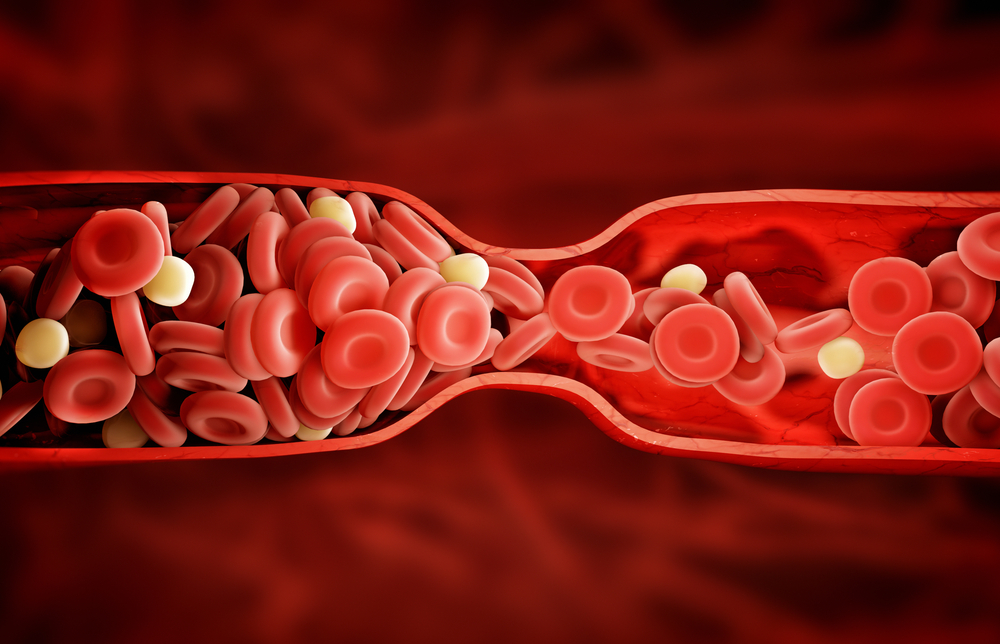
Bayer and Johsnon & Johnson unveiled more promising data on Saturday, March 18 for the novel anticoagulant treatment Xarelto.
Researchers running this trial found that Xarelto was able to safely lower the rate of recurrent venous thromboembolisms (VTE), a life-threating blood clot and the third-most common cardiovascular cause of death, better than aspirin in a head-to-head analysis.
The large international study, called EINSTEIN CHOICE, enrolled 3,396 patients who had previously suffered a VTE.
Investigators gave the patients either a daily 10mg or 20mg dose of Xarelto or 100mg dose of aspirin where they took these medications for up to 12 months after undergoing treatment for the initial clot.
The study acheived its primary endpoints by showing that the 10mg and 20mg Xarelto lowered the rate of recurrent clots to 1.2 and 1.5 percent respectively whereas the aspirin arm was higher at 4.4 percent.
Also, bleeding-side effects didn’t yield any statistically signifcant differences in all three treatment arms. Major bleeding rates for the aspirin group was at 0.3 percent while the Xarelto arms stayed between 0.4 and 0.5 percent.
“How best to extend anticoagulant use beyond the initial treatment window has been a constant source of debate, with physicians carefully balancing patients’ risk of another VTE with the risk of anticoagulant-related bleeding,” said Dr. Phillip Wells, M.D., the lead author of the study and the head of the department of medicine at The University of Ottawa, in a statement.
Some physicians and patients have viewed aspirin as the long-term safer choice for preventing repeat formations of this clot over blood thinners because of possible bleeding risks.
“With EINSTEIN CHOICE, for the first time we have clinical evidence confirming rivaroxaban is superior to aspirin in reducing recurrent VTE, with no significant impact on safety. These important results have the potential to trigger a paradigm shift in how physicians manage their patients and protect them from VTE recurrence over the long term,” continued Dr. Wells.
This data could help J&J and Bayer strengthen its position in this market against rival contenders like Bristol-Myers Squibb’s Eliquis and Boehringer Ingelheim’s Pradaxa, reported FiercePharma.
Joaquin Duato, the chairman of the company’s pharmaceutical group, told investors last year that there are a number of other clinical trials in the works that could help Xarelto bring in $3 to $5 billion in incremental sales.
However, Eliquis could still maintain its lead since a 2013 phase 3 trial had shown that the drug outperformed placebo when it came to staving off VTE recurrence, which remains the only trial so far highlighting a comparable bleeding risk between a placebo and an anticoagulant, according to FiercePharma.
Wells presented these results in Washington D.C. at the annual American College of Cardiology meeting.
Filed Under: Drug Discovery




